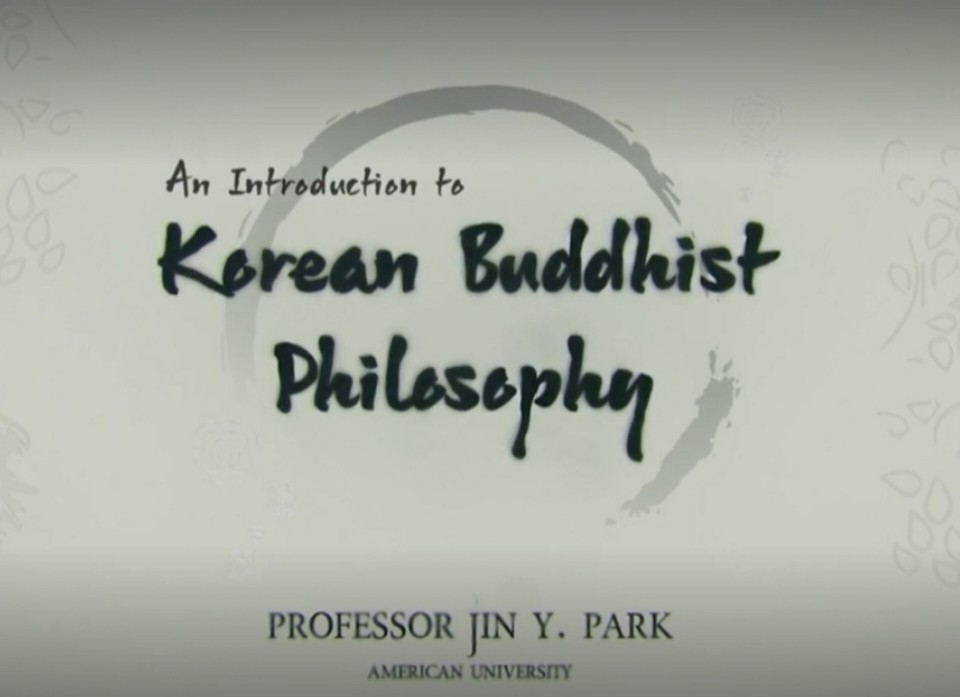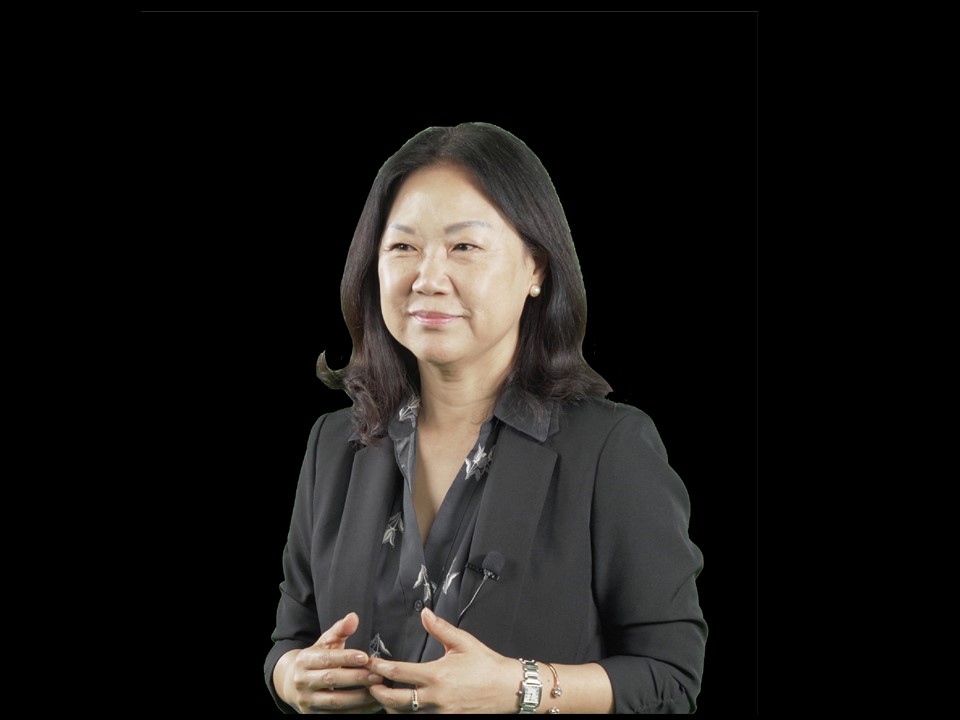수업내용/목표
이 강좌는 4, 5세기 전통의 시작부터 21세기까지 한국 불교 철학을 탐구한다.

|
강 좌 개 괄 |
||||||
|
|
||||||
|
강좌명 |
An Introduction to Korean Buddhist Philosophy |
교수자 |
Jin. Y. Park |
|||
|
수강대상 |
College students interested in Korean Philosophy |
운영조교 |
|
|||
|
|
||||||
|
강좌개요 |
The course explores Korean Buddhist philosophy, covering materials from the beginning of the tradition in the 4th and 5th centuries through the 21st century. |
|||||
|
학습목표 |
1. Students will gain a basic understanding of Buddhist concepts such as ‘Karma’. 2. Students will be introduced to perennial questions through a Buddhist lens. 3. Students will learn about key Korean Buddhist figures in the distant past and from modern times. |
|||||
|
|
||||||
|
강 좌 주 제 |
주 요 내 용 |
|||||
|
1주차 |
The Self and Others in Uisang’s Hwaeom Buddhism |
1. Introduction 2. Intimacy and Integrity 3. Uisang-One and Many 4. Buddhist Logic 5. Conclusion |
||||
|
2주차 |
Wonhyo: The Self and the Limits of the Human Mind |
1. Introduction 2. Yogācāra Buddhism 3. Projection Only 5. Two Hindrances 6. Locus of Salvific Power and Buddhist Practice |
||||
|
3주차 |
Meditation and Self-Transformation: Jinul’s Seon Buddhism |
1. Introduction 2. Bodhidharma and Bodhidharma’s Disciples 3. Mind is the Buddha 4. Gongan and Defamilarization 5. Hwadu Meditation: Live Words and Dead Words 6. Hwadu Meditation and Self Transformation 7. Hwadu Meditation: Liberation from Thinking |
||||
|
4주차 |
Buddhism and Language |
1. Introduction 2. Buddhism and Language 3. Seon Buddhism and Language 4. Seon Buddhism and Language of Participation 5. Language, Thinking, and Power 6. Nothingness, Openness of Being, and the Recovery of the Self |
||||
|
5주차 |
Envisioning Buddhist Ethics |
1. Introduction 2. Western Ethical Theories 3. Foundations of Buddhist Ethics 4. Ethics and Rules : Wonhyo’s Guide to the Meaning of Buddhist Precepts 5. Precepts and Social Rules 6. Goal-Oriented Versus Process-Oriented Ethics 7. Buddhist Wisdom and Ethics 8. Bodhisattva Path and Ethics of Tension |
||||
|
6주차 |
Buddhism and Modernity: Baek Seonguk and Intercultural Philosophy |
1. Introduction 2. The Birth of Vocabularies 3. The Life 4. Buddhism as a Philosophy 5. The Subject and Object in Buddhism 6. Buddhist logic and social philosophy |
||||
|
7주차 |
Buddhism and Gender–Kim Iryeop |
1. Introduction 2. Kim Iryeop and New Women 3. Turning-New Individualism and Religious Worldview 4. Buddhist self and the Great Self 5. Culture, creativity, and life 6. Re-envisioning Christianity, Life, and Love |
||||
|
8주차 |
Buddhism and Social Engagement |
1. Introduction 2. Manhae: life and activities 3. Manhae’s Proposal for Buddhist Social Engagement 4. Manhae’s Buddhist social reform and its impact 5. Minjung Buddhism Background 5. Mingjung Buddhist Philosophy |
||||
|
9주차 |
Buddhism, Institution, and Legitimacy |
1. Introduction 2. Violence of the Nation-State and Korean Buddhism 3. State Violence and Collective Karma 4. Reassessing Buddhist Social Engagement 5. Non-Duality and State Violence 6. Institutionality of Thought Tradition 7. Dharma Lineage, Gender, and the Violence of Institution |
||||
|
10주차 |
Buddhist Existentialism |
1. Introduction 2. Gyeongheo Seongu: Life 3. Geyongheo’s Buddhist Thoughts 4. Existential Dimensions of Korean Buddhism 5. Life and Practice of Seon Master Hyeam 6. Existentialism and Freedom 7. Freedom, Philosophy, and Buddhist Practice |
||||


| 과제명 | 퀴즈 | 과제 | ||
|---|---|---|---|---|
| 반영비율 | 40% | 60% |
※ 총 60% 이상 점수 획득 시, 이수증을 발급받을 수 있습니다.
아니오. 따로 없습니다.
네. 모두 참여해야 합니다.
네. 자신의 생각을 자유롭게 서술해주시면 됩니다.